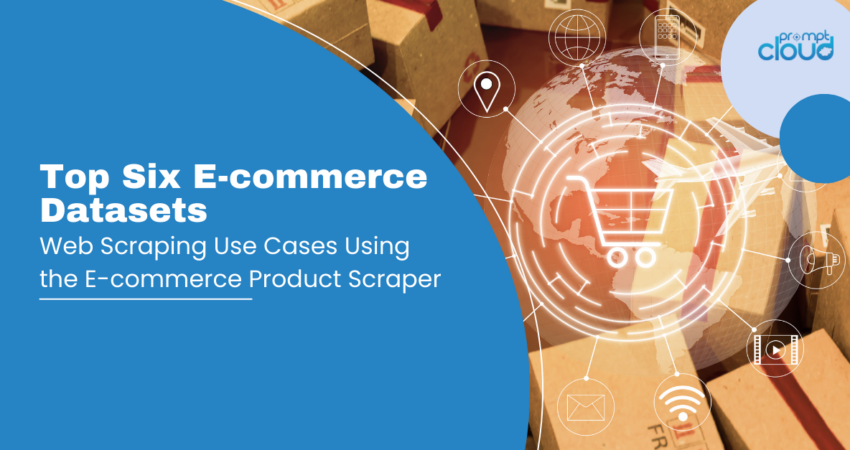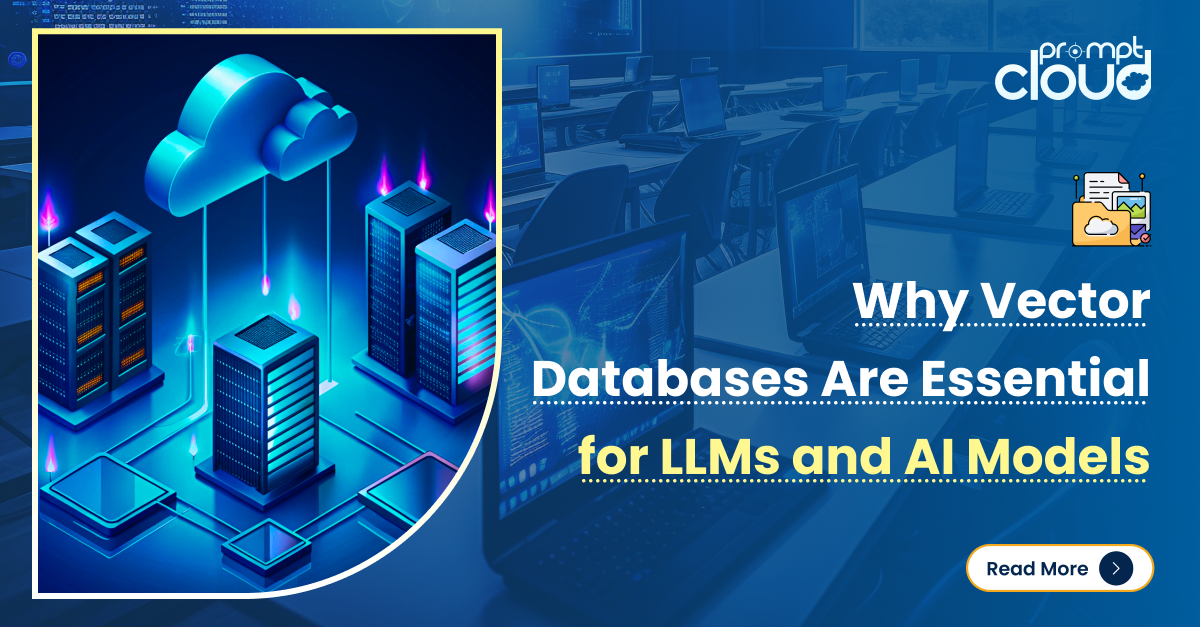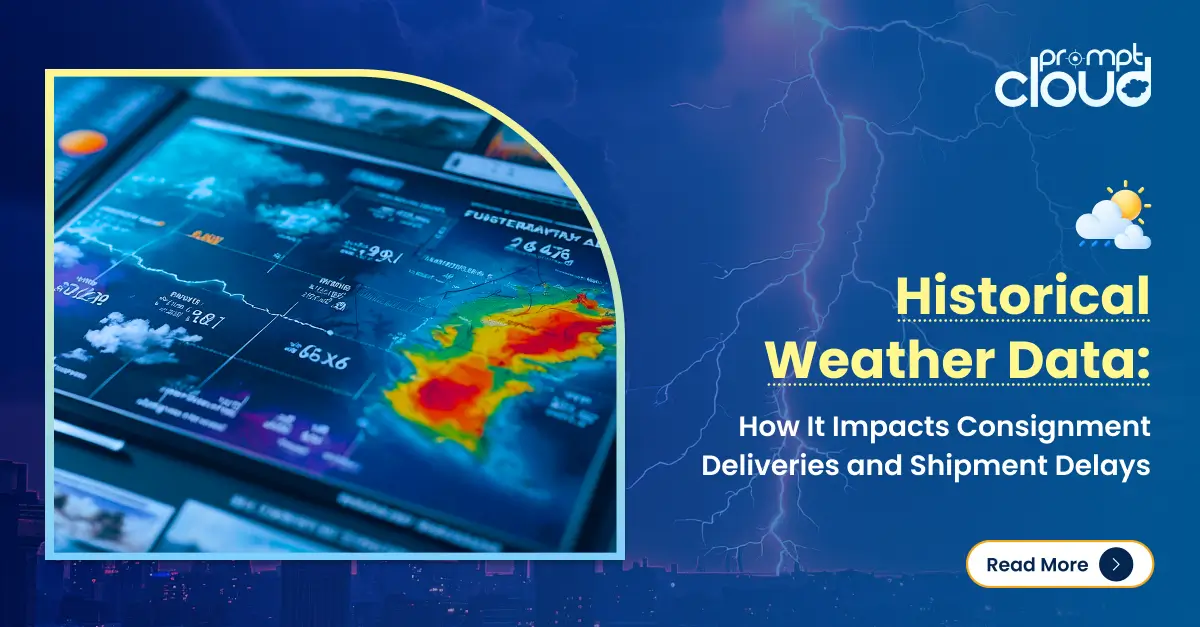
Web scraping, particularly with E-commerce product scraper, has become a vital tool for extracting valuable data from various online platforms. Businesses today require timely information to understand areas of improvement and make the necessary changes to their strategies.
To make it easier, we have compiled a list of the top six e-commerce datasets companies require and the use cases for each of them. Let’s take a look.
- Product Pricing Data
Capturing product pricing data across different e-commerce sites is one of the most common uses of web scraping. This dataset includes detailed information on pricing, discounts, and sales trends.
Image Source: Prisync
Use Cases: The dataset is invaluable for competitive analysis, enabling businesses to adjust their pricing strategies dynamically. It also assists in understanding market trends and consumer price sensitivity.
- Customer Reviews and Ratings
Web scrapers can extract vast amounts of data from customer reviews and ratings, providing deep insights into consumer satisfaction and product quality.
Image Source: Bazaarvoice
Use Cases: This data helps in sentiment analysis, product improvement, and service enhancement. It’s also crucial for reputation management and understanding customer expectations.
- Product Description and Specifications
Detailed information about products, including descriptions and specifications, can be gathered. It can provide knowledge or a benchmark on how to create effective descriptions that drive sales.
Image Source: Userwell
Use Cases: This dataset aids in optimizing product listings for SEO, improving catalog management, and conducting feature-based competitive analysis.
- Inventory Levels
Tracking inventory levels across various e-commerce platforms can be highly beneficial, especially for products that fluctuate in availability.
Use Cases: Inventory data helps in supply chain optimization, demand forecasting, and ensuring stock adequacy.
- Shipping Information
Shipping policies, costs, and estimated delivery times are critical data points for any e-commerce operation. It can provide essential information on managing the supply chain to ensure an optimal delivery process.
Image Source: Baynard Institute
Use Cases: This information is used to optimize logistics, compare shipping options, and enhance customer satisfaction by providing accurate shipping details.
- Promotional Offers and Discounts
Information about ongoing promotions, discounts, and special offers can be scraped and analyzed.
Image Source: Wisepops
Use Cases: This dataset is key for strategic marketing, understanding competitors’ promotional strategies, and developing effective pricing campaigns.
Conclusion
Web scraping in e-commerce is a game-changer, providing businesses with timely, actionable insights. By leveraging these six datasets, e-commerce companies can sharpen their competitive edge, tailor their offerings, and ultimately drive growth and customer satisfaction.
It’s important to note that while web scraping is powerful, it must be done responsibly and in compliance with legal and ethical standards. E-commerce businesses must respect website terms of use, data privacy laws, and intellectual property rights when employing web scraping techniques.
We help businesses with their web scraping needs, to know more about it, send us an email at sales@promptcloud.com



















